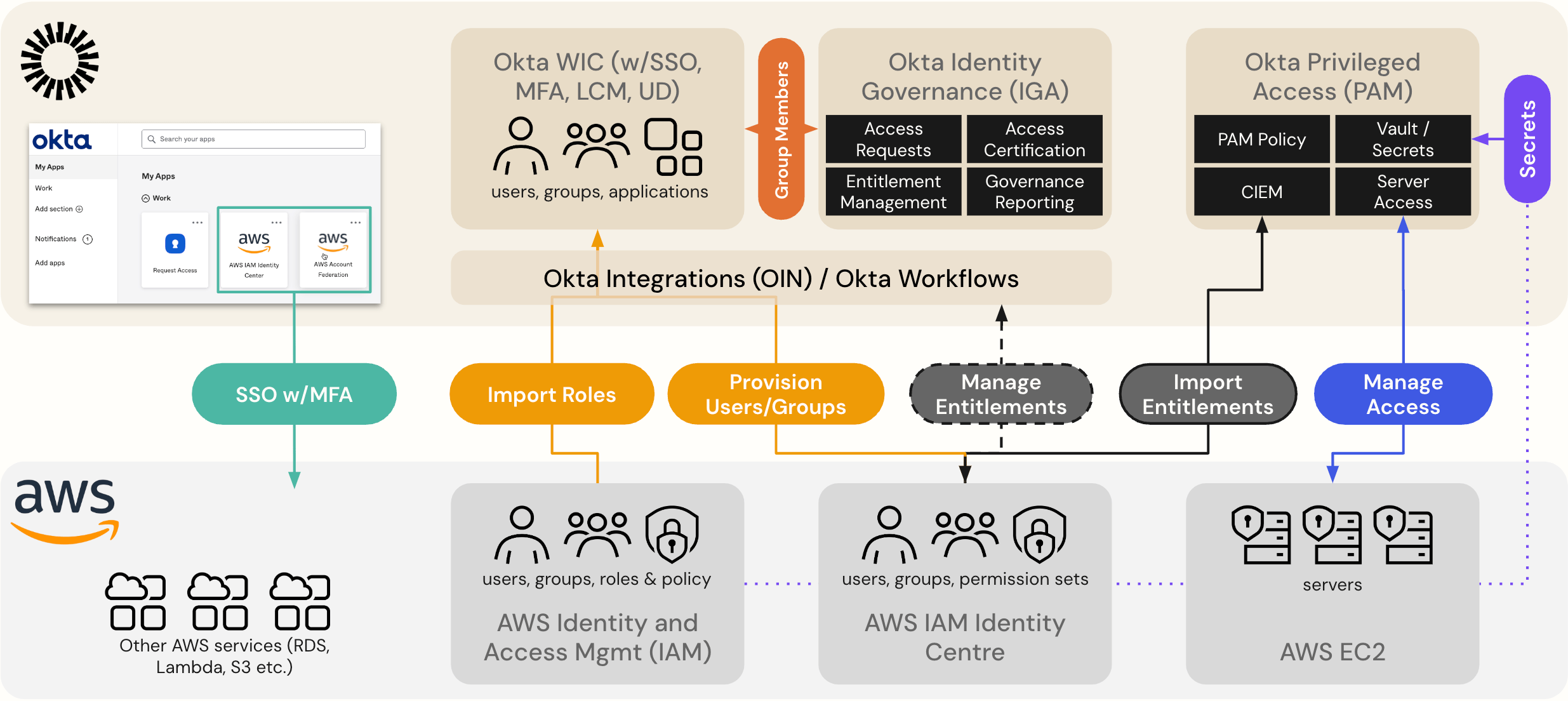
Introduction
Data breaches have become alarmingly common in today’s digital age, affecting millions of individuals and organisations worldwide. The frequency and scale at which these breaches occur raise significant concerns regarding the security of personal information, particularly passwords. Protecting passwords is crucial, as they serve as the first line of defence against unauthorised access to sensitive accounts, including banking, email, and social media.
The Rise of Data Breaches
Recent data from cybersecurity firm Surfshark reported that more than 1.5 billion accounts were compromised in 2022 alone, reflecting a staggering increase in malicious attacks. High-profile breaches at companies like Facebook, LinkedIn, and Yahoo have demonstrated the vulnerability of online systems. These incidents typically involve attackers gaining access to user databases, which can include usernames, emails, and passwords.
Impact on Password Security
When a data breach occurs, the first concern for many users is whether their passwords have been exposed. Cybercriminals can leverage breached passwords to gain unauthorized access to accounts across different platforms through techniques such as credential stuffing, where stolen passwords are tested against multiple sites. A recent report from the Identity Theft Resource Center outlined that 83% of breached passwords were not changed by users even after being notified.
Protective Measures to Consider
In light of these alarming statistics, taking proactive measures to safeguard passwords is essential. Here are key steps individuals can take:
- Use Strong, Unique Passwords: Avoid using easily guessable information; instead, create strong passwords with a mix of letters, numbers, and special characters.
- Enable Two-Factor Authentication (2FA): Adding an extra layer of security through 2FA can significantly reduce the risk of unauthorised access.
- Regularly Update Passwords: Changing passwords regularly and immediately after a known breach is crucial in maintaining account security.
- Utilise Password Managers: These tools can help generate and store unique passwords, ensuring users do not fall into the trap of reusing passwords.
Conclusion
The implications of data breaches on password security are profound and underscore the necessity for heightened vigilance in protecting personal information. As breaches continue to rise, individuals must adapt to new threats by implementing stronger security practices. By understanding the importance of robust password management and being proactive, users can significantly enhance their protection against the potentially devastating effects of data breaches.
You may also like

What You Need to Know About ‘The Hack’ Cybersecurity Incident

The Significance of Okta in Modern Identity Management

Recent Gmail Passwords Data Breach: What You Need to Know
SEARCH
LAST NEWS
- Remembering Wendy Richard: The Promise to Co-Star Natalie Cassidy
- How Did Anglian Water Achieve an ‘Essentials’ Rating for Mental Health Accessibility?
- Shai Hope Leads West Indies in T20 World Cup Clash Against South Africa
- What We Know About Weston McKennie: Future at Juventus and Past at Leeds
- What We Know About the Upcoming Live Nation Antitrust Trial